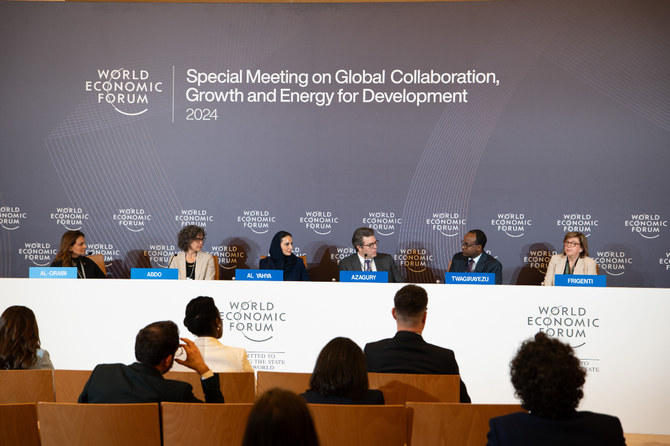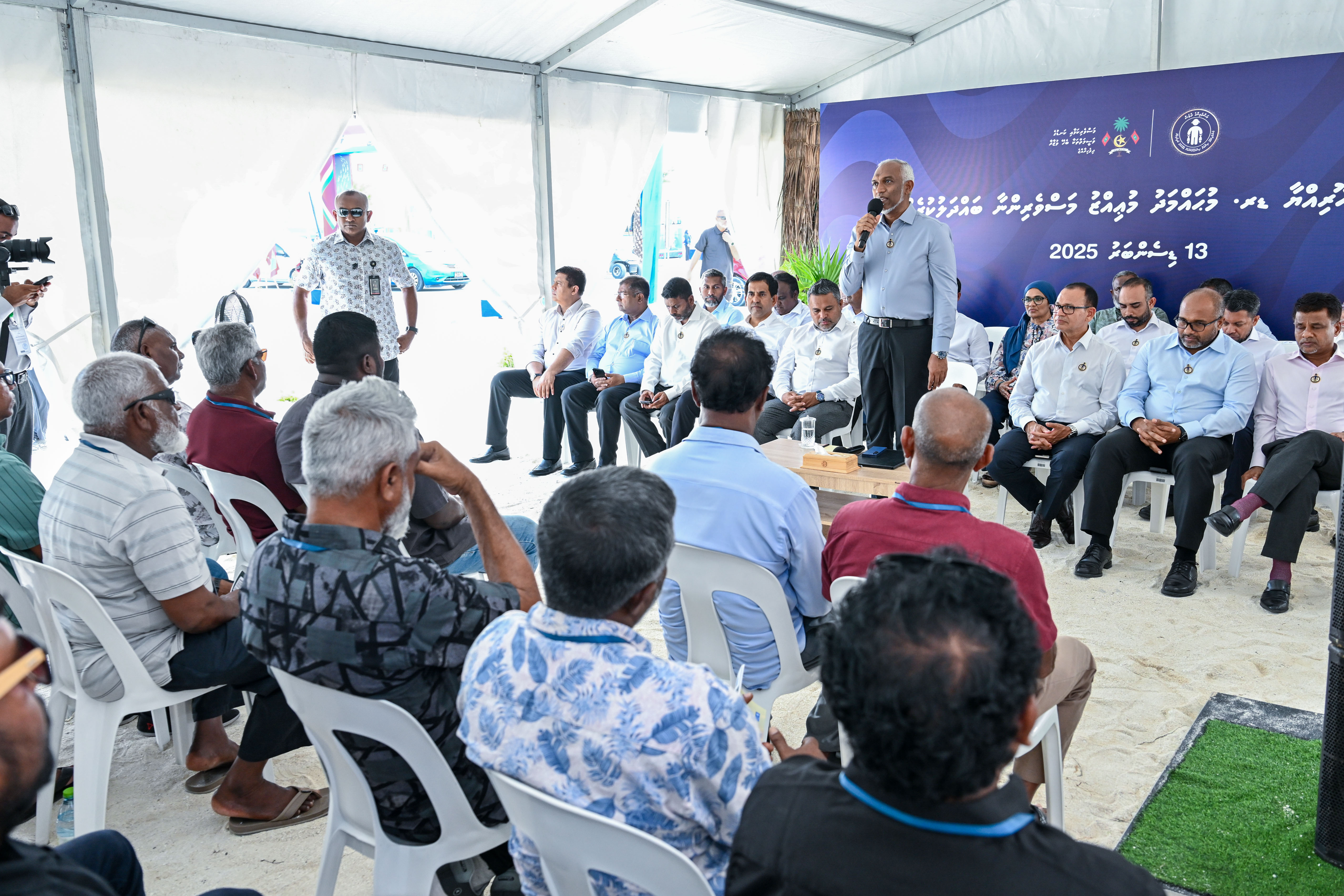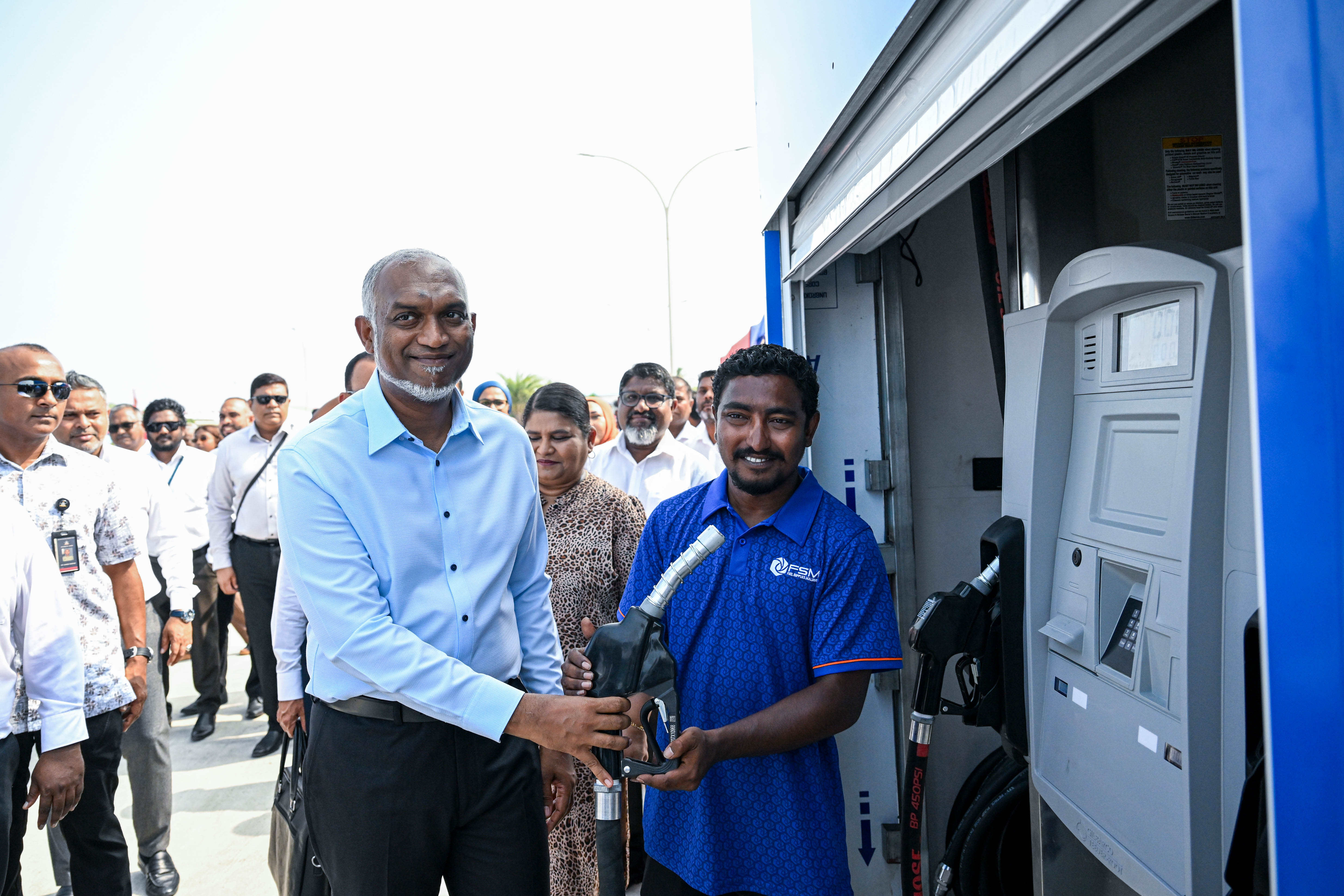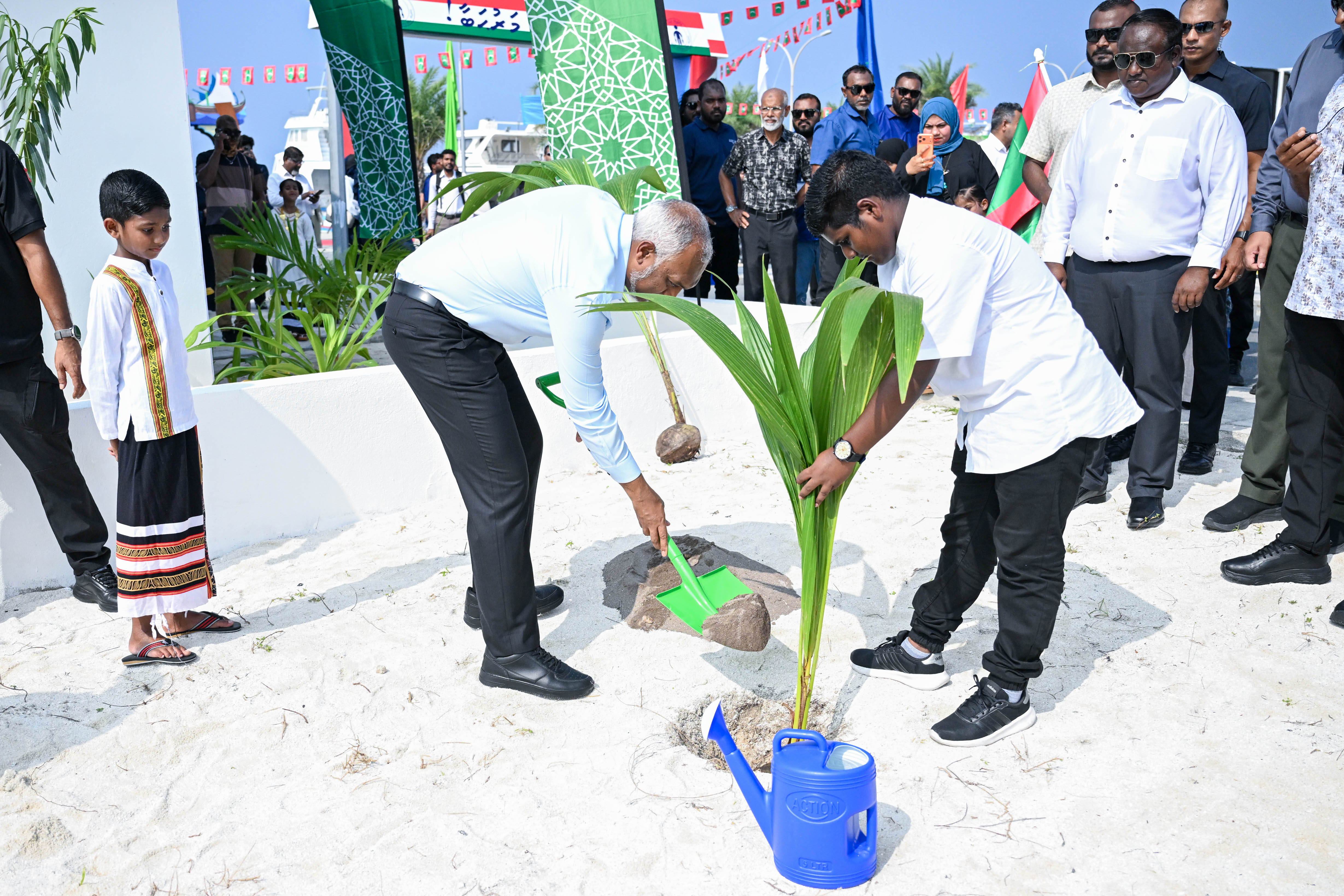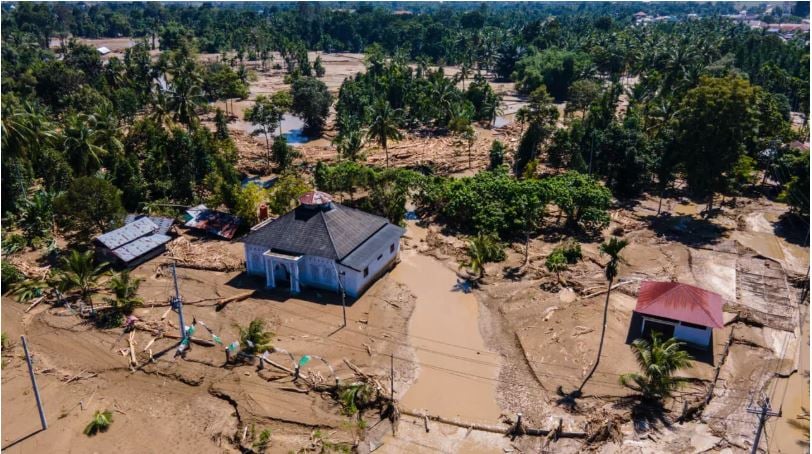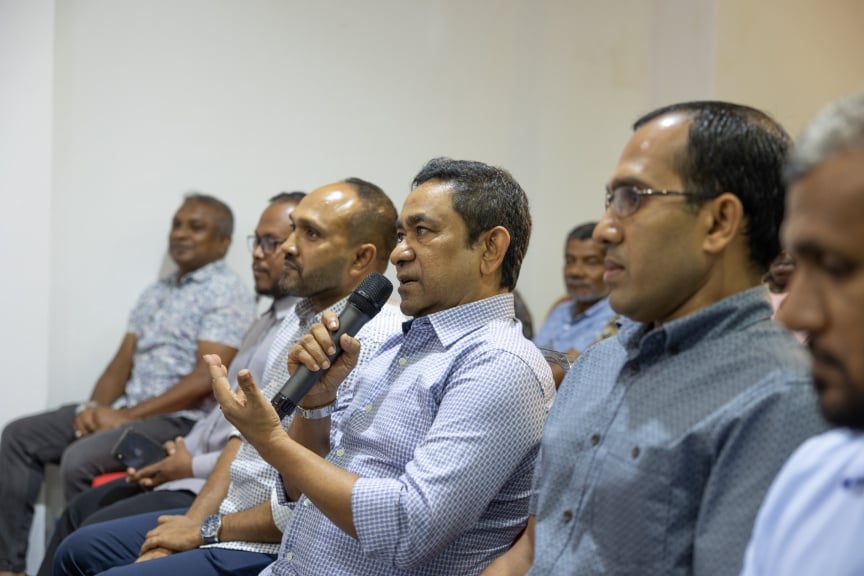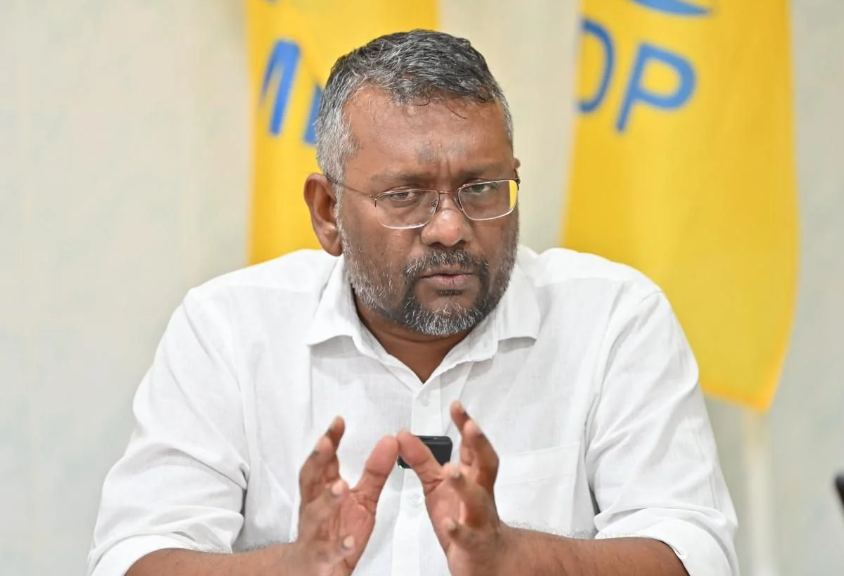Education experts and decision-makers convened at the World Economic Forum’s Special Meeting in Riyadh, delving into the pressing issue of the global shortage of teachers and the role of artificial intelligence (AI) in addressing this challenge.
During the panel discussion titled “Is Education Ready for AI,” Laura Frigenti, chief of the Global Partnership for Education platform, emphasized the critical shortage of teachers, particularly in low- and middle-income countries. Frigenti underscored that while AI can enhance educational practices, it cannot replace the invaluable role of teachers.
Echoing this sentiment, Gaspard Twagirayezu, Rwanda’s education minister, acknowledged AI's potential to revolutionize education but stressed that it should complement, not supplant, teachers. Twagirayezu emphasized the importance of equipping teachers with the necessary skills and resources, with AI serving as a tool to support their professional development.
The discussion highlighted the need for tailored AI solutions that consider each country’s unique educational landscape. Frigenti emphasized the importance of addressing socio-economic disparities and inequalities in educational access, cautioning against a one-size-fits-all approach to AI integration in education.
The panelists agreed on the significance of integrating AI advancements into educational systems while simultaneously addressing broader transformational needs, such as curriculum development and teacher training. The conversation underscored the multifaceted nature of addressing the global teacher shortage and harnessing AI's potential to enhance educational outcomes worldwide.
Speakers at the event included Rudayna Abdo, founder and CEO of Thaki; Jack Azagury, group CEO of Accenture; and Deemah Al-Yahya, secretary-general of the Digital Cooperation Organization. Their insights contribute to ongoing discussions on leveraging technology to drive educational innovation and address critical challenges facing the global education sector.
During the panel discussion titled “Is Education Ready for AI,” Laura Frigenti, chief of the Global Partnership for Education platform, emphasized the critical shortage of teachers, particularly in low- and middle-income countries. Frigenti underscored that while AI can enhance educational practices, it cannot replace the invaluable role of teachers.
Echoing this sentiment, Gaspard Twagirayezu, Rwanda’s education minister, acknowledged AI's potential to revolutionize education but stressed that it should complement, not supplant, teachers. Twagirayezu emphasized the importance of equipping teachers with the necessary skills and resources, with AI serving as a tool to support their professional development.
The discussion highlighted the need for tailored AI solutions that consider each country’s unique educational landscape. Frigenti emphasized the importance of addressing socio-economic disparities and inequalities in educational access, cautioning against a one-size-fits-all approach to AI integration in education.
The panelists agreed on the significance of integrating AI advancements into educational systems while simultaneously addressing broader transformational needs, such as curriculum development and teacher training. The conversation underscored the multifaceted nature of addressing the global teacher shortage and harnessing AI's potential to enhance educational outcomes worldwide.
Speakers at the event included Rudayna Abdo, founder and CEO of Thaki; Jack Azagury, group CEO of Accenture; and Deemah Al-Yahya, secretary-general of the Digital Cooperation Organization. Their insights contribute to ongoing discussions on leveraging technology to drive educational innovation and address critical challenges facing the global education sector.





